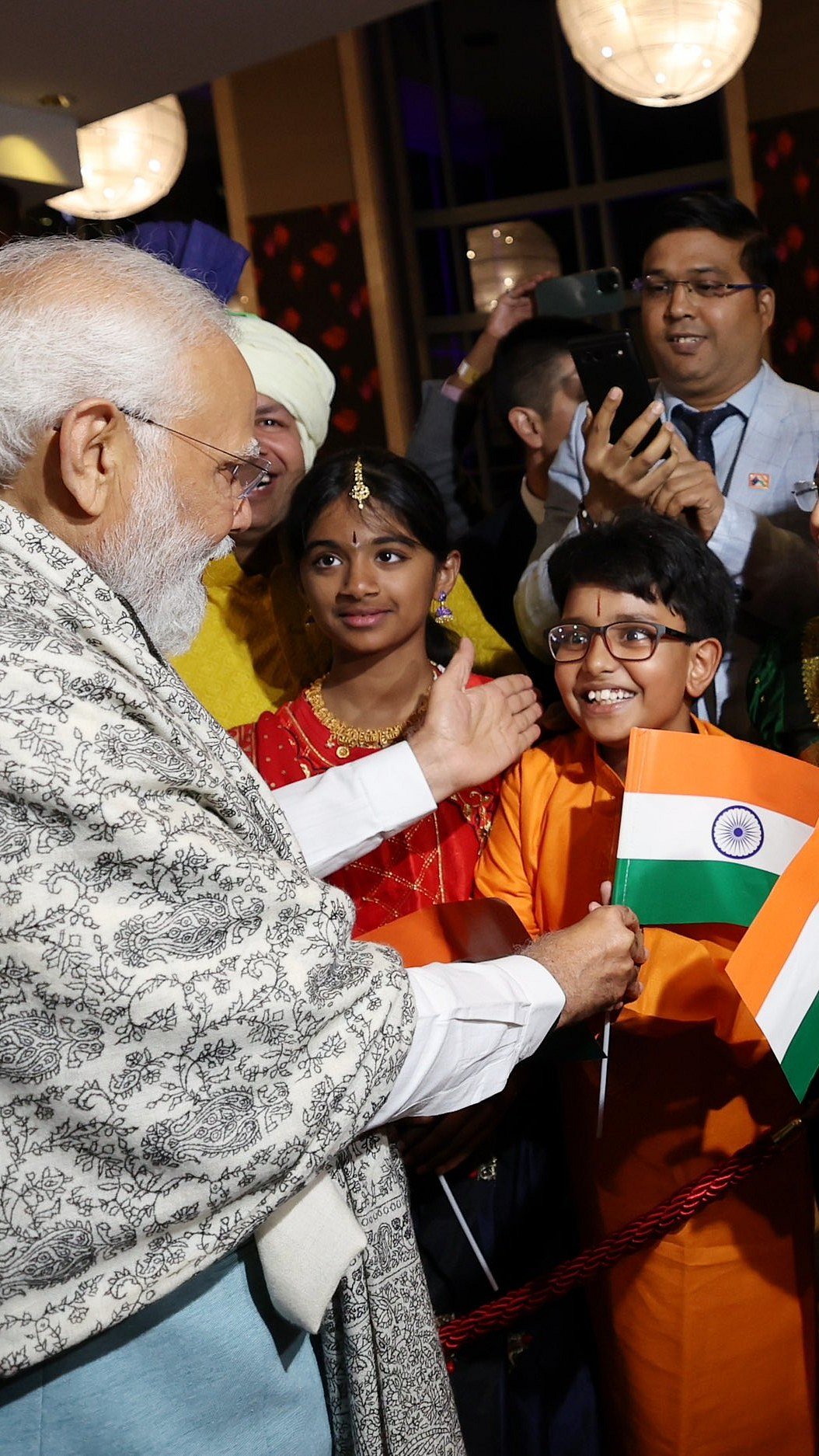Focus on Israel-India relations has increased multi-fold over years. All thanks to both Prime Ministers of both nations visiting each other. There are, however, some strategic industry segments that both countries are interested where collaborations can take place. Nimrod Assouline, Deputy Chief of Mission, who holds a double masters from Tel Aviv University on Jewish History and International Relations, talks about the collaboration possibilities.
Israel is a technology-driven innovation powerhouse globally. The hi-tech sector is by and large the engine of Israel’s economy and it is comprised of multiple sub-sectors like:
Agro technologies: It is known in India especially for drip irrigation, also offers post-harvest solutions and others. This sector in particular is relevant to India with its vast farmers’ population. Hence, it is not a surprise that some significant purchases have been made by Indian giants of Israeli companies in recent years.
Water technologies: It is not only used for desalination (most of Israel’s potable water nowadays are desalinated from the Mediterranean Sea), but also provide water sensors and metering solutions, wages, water treatment solutions and others. This technology is relevant to different parts of India that suffer from chronic drought—like Marathwada for instance. In the last few years, Israeli experts had visited Maharashtra to discuss scope of potential future collaboration in different parts of the state. Some Israeli water technologies have already been implemented in various parts of India in recent years. (Netanyahu will gift Modi and India with the desalination jeep (GalMobile) which they drove together in Israel.)
Smart city technologies: This is a very wide field, which encompass CCTV sophisticated solutions, solid-waste treatment, transportation applications like Waze that had been bought by Google for USD 1.1 billion in 2013, or Tel-Aviv’s DigiTel application that helps the municipality to better cater to the needs of the citizens, and had won the city the title of the world’s smartest city in 2014. This technology is about to be adapted soon in Maharashtra’s city of Thane.

Cyber security and fintech: It seems that India is going digital and it aspires to become a ‘less-cash’ economy. As Israel is endowed with hundreds of fintech companies that provide various services to the B2B, B2C levels, and Mumbai being the sub-continent’s financial and economic capital, the Israeli Consulates in Mumbai sees ample opportunities for collaboration. In June 2017 Israeli representatives of the fintech ecosystem had participated and showcased their abilities in a conference held by the IMC with senior delegates like the RBI Governor, Urjit Patel. On the other side of the same coin, as digital transactions become more and more common, so is the risk of frauds. Israel has thousands of cyber security companies that provide multiple solutions to secure these digital markets and hence to support the national security.
Homeland security: Yet another domain that came to the forefront in recent years, is homeland security. It involves many subsectors like cyber security to defend critical infrastructure, as well as incarceration technologies, etc.
Digital Healthcare: Israel excels in this domain which is riding the tide of the digital transformation that India and other countries witness. At the core of it, once connected to the internet and mobile networks, cutting-edge technological services and applications can reach out to the rural areas. This was the rationale behind an Israeli-Indian initiative— for the first Indo-Israeli hackathon— titled ‘MED4DEV’ that was held simultaneously in Tel-Aviv, Hyderabad, Bangalore and Mumbai, on July 2016. The participants were assigned the task to find digital and affordable healthcare solutions for the lower-income group in India.

Renewable energy: It is another priority area. Israel has made a strong progress here as well.
Autonomous cars: Intel had recently purchased Israeli leading company MobileEye for an unprecedented USD 15.3 billion, and made it Intel’s R&D for autonomous cars. With India having developed automotive sector that manufactures auto parts, it seems that this is another looming sector for collaboration.
Entertainment: Israeli formats succeed worldwide and some had been adapted in India already like Rising Star and P.O.W. A first song sequence from the upcoming movie ‘Drive’ was shot in Israel in October 2017. We hope it will be the first among many others in the time to come, as a co-production agreement is expected to be signed in this visit.
R&D centers: Many MNCs operate R&D centres in Israel. In many cases these units are originally Israeli companies that had been purchased and merged into the business as the R&D unit. It is not a surprise, because Israel boasts of being the country, with the most per capita start-up companies.
India is one of the largest economies worldwide and naturally its economy is comprised by a few huge companies with diverse business portfolio. Some of these companies had already discovered the potential of Israeli technology innovation and started to invest in Israeli start-ups in a bid to add flare and talent that can lead to sophisticated solutions.

Israel sees immense potential in jointly exploring how to build bridges between the technology-driven innovation ecosystems in India and Israel. We believe India and Israel are great match and even space is not the limit. On that respect, both governments encourage entrepreneurs from both sides to familiarise and explore the scope of cooperation. It is important to note that in the half day both Prime Ministers will spend in Gujarat, they will attend the ICreate accelerators, which some of its staff had been trained in Israel during 2016-2017 on cultivating entrepreneurship and innovation.
Israel believes in joint venture structures that answers the idea of Make in India. One recent example is the IMI – Punj Lloyd light arms manufacturing factory that had been inaugurated in May 2017 in Madhya Pradesh. In this project, Israeli technology and India’s vast industrial power are completing each other in a way that helps both.
On this point, PM Netanyahu had said in an interview that both governments are working together to minimise the red tape and ease investments. In recent years we had seen investments by large Indian conglomerates in the Israeli start-up ecosystem, in a bid to gain an advantage in the Indian dynamic market.
[alert type=”e.g. warning, danger, success, info” title=””]
Top ten water technology companies in Israeli
1. Mekorot Group
2. Netafim
3. Arad Group
4. IDE Technologies
5. Tahal Consulting Engineers
6. Amiad Filtration Systems
7. Bermad
8. Arkal
9. Global Environmental Solutions (GES)
10. Miya
Source: israel21c.org[/alert]






